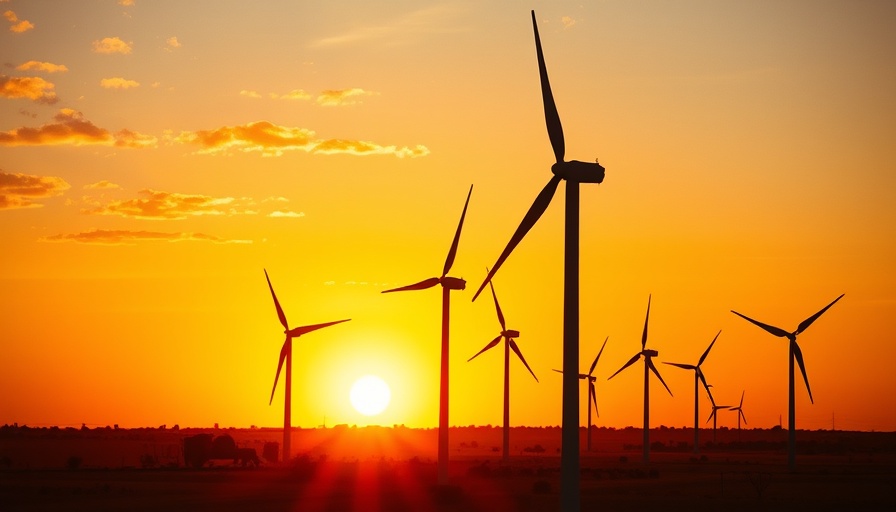
Texas: A Leader in Clean Energy Transition
The shift toward clean energy is not just an environmental necessity; it's becoming an economic imperative. Texas is at the forefront of this transformation, leading the nation in wind and solar energy production. According to Deloitte’s 2025 Energy Outlook, significant investment in clean energy has influenced this reality, pushing Texas to a remarkable 70-80% reliance on renewable energy during peak daytime hours.
As Sean Voigt, founder of the Austin Energy Hub, pointed out, the economics are clear: "Solar, wind, and battery [technology] have emerged as the lowest cost, fastest to deploy forms of energy, hands down." This statement reflects a global trend where the most effective energy solutions are also the most economical. No longer just a conversation about climate change, the clean energy sector has become a boon for economic growth.
The Economic Argument for Clean Energy
The success of the clean energy market hinges on its economic advantages over conventional fuel sources. Voigt emphasizes that 90% of new generation capacity added globally in recent years comes from clean energy. This trend is observable not only in developed nations but also in emerging economies such as India and Pakistan, where individuals and businesses gravitate toward cost-effective energy sources.
This reflects a deeper societal shift where consumers are choosing cheaper, cleaner energy options. As battery storage prices decline—dropping tenfold over the past decade—it makes renewable energy sources even more competitive. In a market that thrives on price signals, traditional energy sources struggle to compete, marking a monumental shift in how we perceive energy production and consumption.
The Future of Energy in Texas and Beyond
Looking ahead, Texas' commitment to clean energy is paving the way for a sustainable future, but it is also a crucial example for other states and countries. As global investment in renewables continues to surge, the dominance of clean energy technology could redefine energy markets worldwide. The importance of Texas stands not just as a regional leader but as a potential model for others aiming to transition toward sustainable energy solutions.
Considering this, it is vital for consumers and policymakers alike to stay informed about the implications of these developments. Effective transition to clean energy not only benefits the environment but also stimulates economic opportunities and positions states and nations for long-term success in an evolving global energy landscape. Embracing this change is not just necessary; it’s smart economics.
 Add Row
Add Row  Add
Add 




Write A Comment